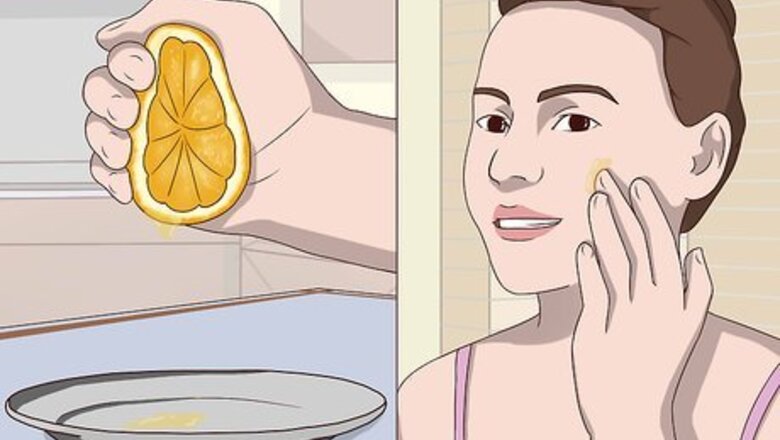
views
In Your Fridge
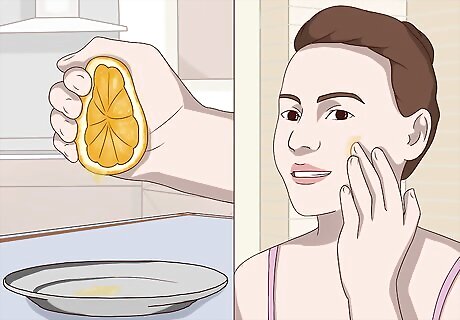
Apply lemon juice. Lemon juice is commonly used to lighten hair and can even be added to the white cycle of your laundry as a bleach alternative. You can spot-apply lemon juice to dark spots as a lightening agent, but note that the citric acid is harsh and can irritate your skin. If you want to use lemon juice regularly or over large areas, consider diluting it or creating a gentler paste by mixing it with honey or yogurt. You can mix lemon juice with water in a spray bottle, rub the rind on your skin, or make masks and lotions. No specific way is guaranteed to work faster than any other. Be patient; lightening your skin with lemon takes time. Don't use lemons on areas that have been recently waxed, shaved, or have cuts.
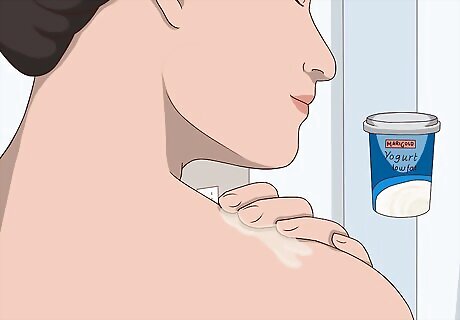
Try a plain yogurt mask. In addition to the fact that yogurt is a very gentle bleaching agent, it contains lactic acid that moisturizes, zinc that combats sunburn, and active cultures that attack harmful bacteria and fungi. In comparison to formulated, exfoliating products, yogurt doesn't exactly come up to snuff. It contains about .9% free acid; it's Alpha Hydroxy Acid levels are considerably lower than most other alternatives. It won't hurt you, but it may not give you the results you're looking for. At the very least, certainly not quickly.
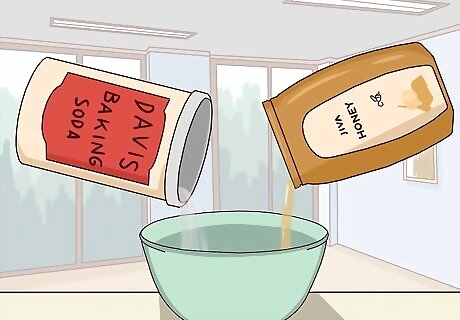
Make a baking soda paste. Baking soda is commonly used as a household cleaner and tooth whitener, but it can also lighten skin. Though it is relatively gentle, note that over-applying can have a drying effect; to create a more skin-friendly paste, mix baking soda with honey, apply it as a mask, and let it sit for at least ten minutes. Baking soda is used as an exfoliant. It won't lighten the skin you're in, but it can remove sun-damaged skin cells that have darkened.
Creams, Exfoliants & Powders
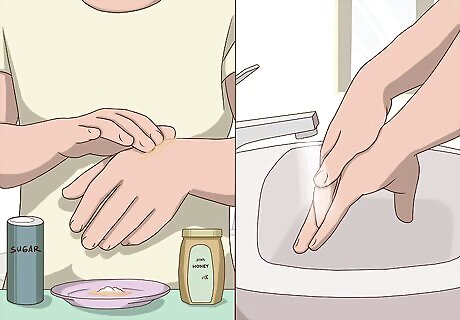
Wash and exfoliate your skin regularly. This helps remove the outermost layer of skin that is darkened and/or damaged by contact with the sun. Avoid over-exfoliating, however, as this can interfere with you skin’s natural oil production and cause greasiness. One cheap and effective homemade exfoliant is brown sugar mixed with honey. On its own, honey can make skin feel remarkably soft; coupled with the gritty sugar texture, the two make for a very effective scrub. As a bonus, honey is an antibacterial agent that can help keep you from breaking out.
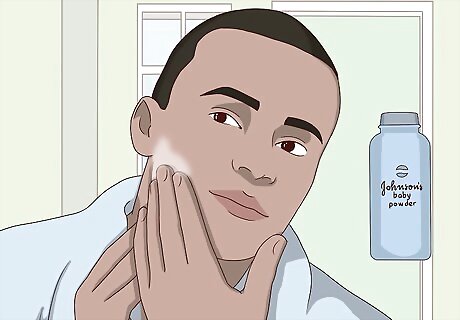
Wear a shimmering powder to create the effect of lighter skin. By scattering light, the powder will not only make your skin appear brighter, but also even out blemishes. Baby powder can do this, too. It's light enough to fill in your pores like a powder foundation, but heavy (and white) enough to subtly affect your skin tone. Make sure not to apply too much, though, or you'll end up looking like an 18th-century Geisha.
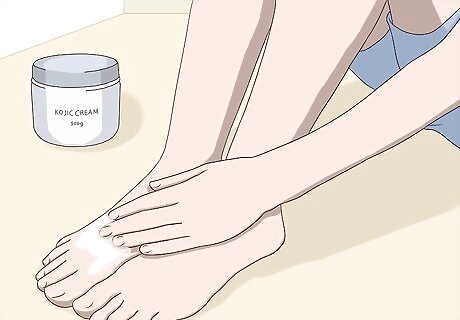
If all else fails, use a skin-lightening cream. Be forewarned, however, that hydroquinone – the active ingredient in many bleaching creams – has been banned in many countries due to studies suggesting that it is carcinogenic. Bearberry (Beta-Arbutin) and kojic acid are also recent trends in skin lightening. However, recently bearberry has been linked to hydroquinone and has also been deemed unsafe; kojic acid, on the other hand, has passed its tests. Used at levels of 2% (no higher) in cosmetic products, it's safe. Note: in lab testing, skin lightening results were seen at 4%.
For Your Body
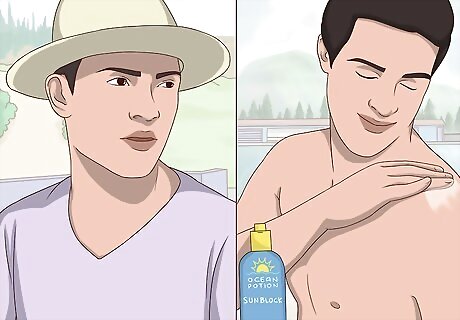
Stay out of the sun. If you have to exercise, join a gym or hit the road before dawn or after dusk. Wear a brimmed hat when necessary and don’t forget to wear sunscreen daily – even if it’s cloudy outside. Up to 80% of the sun's rays can pass through clouds. Don't forget your lips! Slather on a lip balm that has built in SPF 15 in addition to your daily moisturizer.

Practice healthy skin habits. A healthy glow is important to any skin tone. While you're working on the getting your skin a bit fairer, keep to a routine that will let your skin radiate brilliance. Don't smoke. It causes a sallow, uneven skin tone that can easily show up in young people. The habit can also increase the likelihood of developing sun spots, a mark usually reserved for the elderly. Keep a nutritious, healthy diet. In particular, up the vitamin C. It's key to the production of collagen, a protein that aids in the growth of cells and blood vessels and gives skin its firmness and strength.

Seek the advice of a dermatologist. A professional will be able to run you through all your options if you're dead-set on altering your skin tone. There are over-the-counter and prescription products they may be able to set you up with that are safe and more effective. In addition, they can debunk the myths that abound about skin care and provide knowledge that no website can parallel. Talk to your doctor before you take any serious action.

















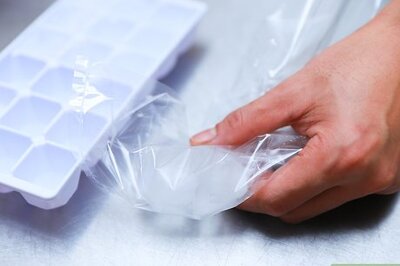

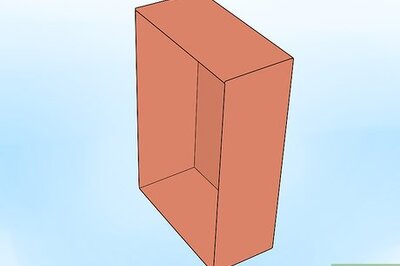
Comments
0 comment